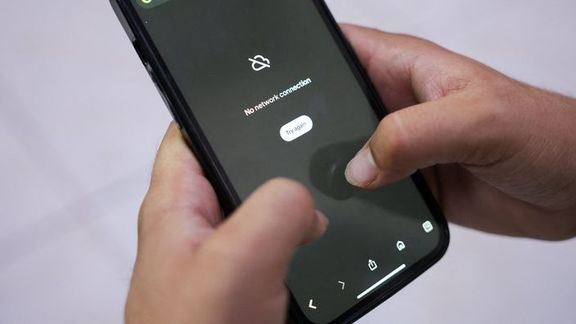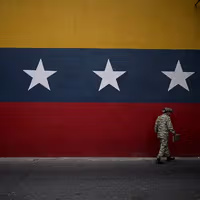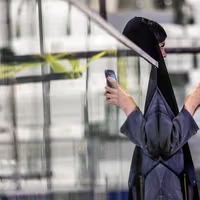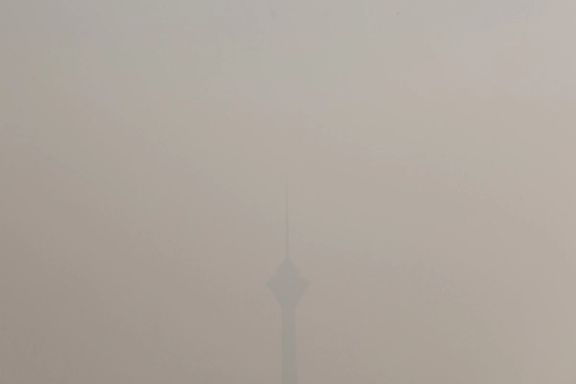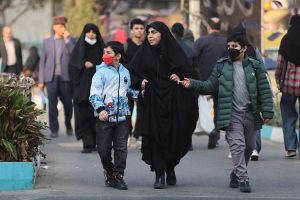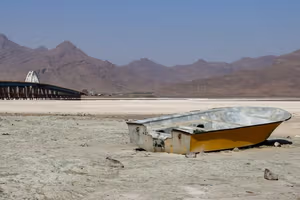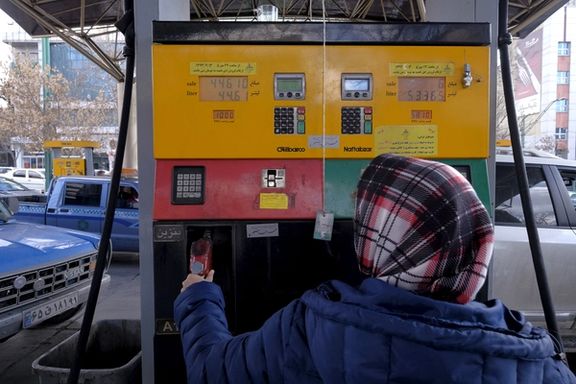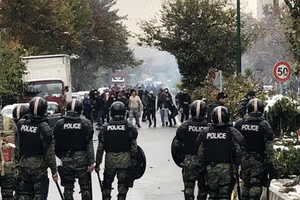In a post on X, the department’s Persian-language USAbehFarsi account wrote that access to information “is a fundamental right, not a privilege for a select few.”
"The United States condemns the regime’s discrimination and stands firmly with the people of Iran in their fight for internet freedom," it said.
The statement comes amid public backlash sparked by X’s new location feature, which shows the approximate location from which users are posting.
The update exposed numerous pro-government figures and individuals tied to the Islamic Republic posting freely from inside Iran where most people have to bypass the restrictions on social media using tools like VPN.
"The Islamic Republic regime, while imposing severe restrictions and censorship on the Iranian people, hypocritically provides its own officials with special access to the internet," the US State Department posted to X.
The new feature on the X platform "has revealed that many Islamic Republic officials, pro-government activists, and affiliated journalists have access to privileged internet,” political activist Hossein Ronaghi wrote on X.
The revelations indicate that those at the top are using so-called “white SIM cards” — special, unrestricted whitelisted mobile lines exempt from the state’s filtering system. These lines provide uninterrupted access to platforms like Instagram, Telegram, and WhatsApp, which remain blocked for the general population.
Public anger quickly concentrated on high-profile figures whose X accounts showed their connection country as Iran, including former and current lawmakers, government spokespeople, and several media personalities — even though some had publicly claimed they used VPNs.
Government spokesperson Fatemeh Mohajerani, who had previously been asked whether she used an unrestricted line, insisted she relied on VPNs.
“I use anti-filters like everyone else, and my son and daughter-in-law help me with the setups,” she said.
After screenshots circulated showing her location as Iran, users accused her of being dishonest.
One user pointed to the location tag on the account of Amirhossein Sabeti, a lawmaker and staunch supporter of internet filtering, and mocking his use of an iPhone wrote: “An American phone, an American app, white internet. What he prescribes for the public: ‘resistance economy.’”
Many accounts linked to pro-government figures quickly changed their region settings to West Asia after the controversy escalated. Some apologized and some deactivated their accounts.
The Islamic Republic spends at least $4.5 billion to suppress digital information access according to the US government.
